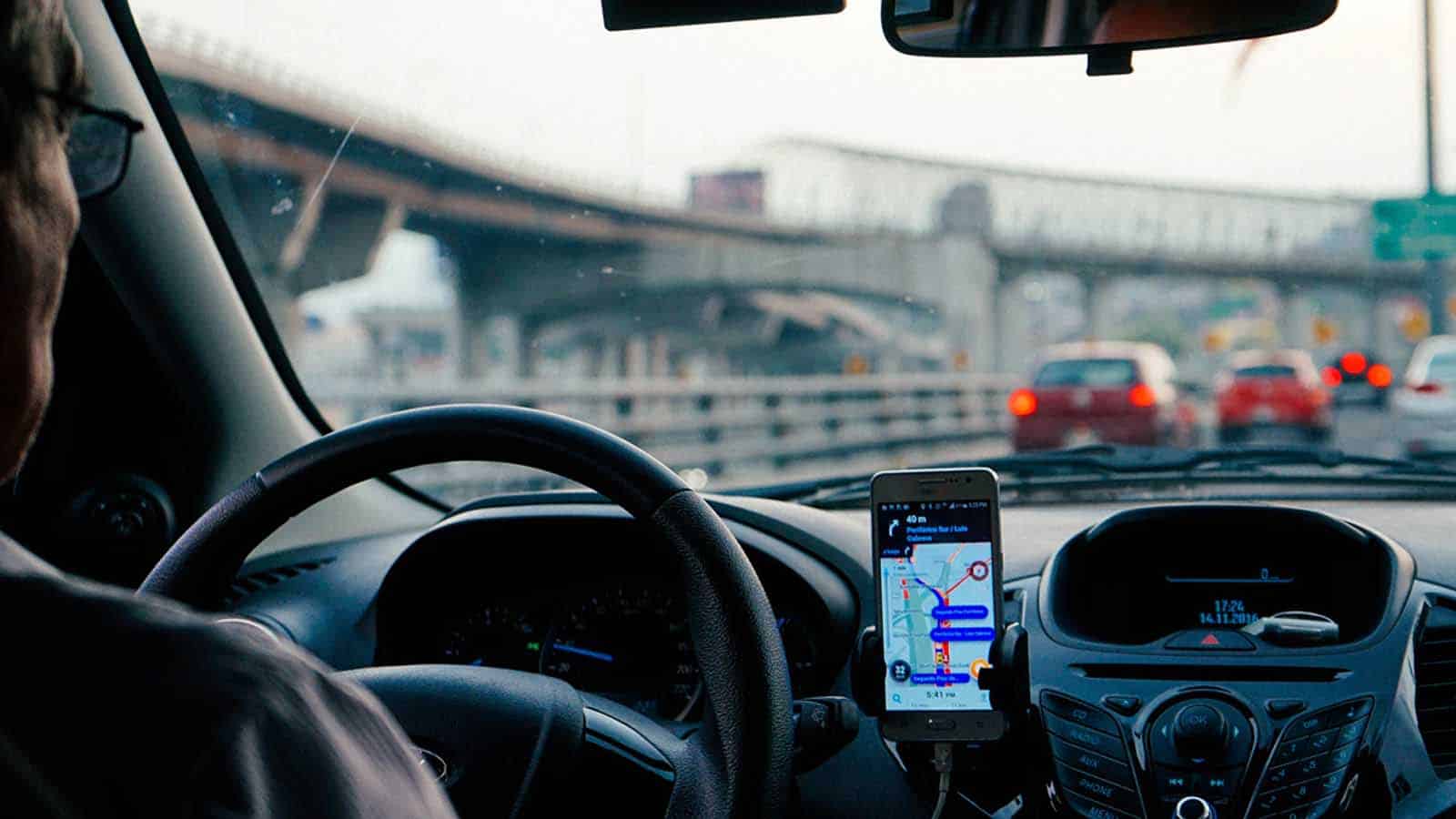Transportation
Uber lays off another 3,000 employees – is this the end of rideshare companies?
Viral loads in the backseat.

Just a heads up, if you buy something through our links, we may get a small share of the sale. It’s one of the ways we keep the lights on here. Click here for more.
Uber has decided to cut an additional 3,000 jobs on top of the 3,700 it cut last month. It’s also closing 45 offices around the world. None of this affects drivers though, as they aren’t classified as employees. But this does spell a little bit of doom for the rideshare business.
Uber and Lyft drivers are still out there, now requiring masks for drivers and passengers, but the pandemic has destroyed the rideshare business model. Uber reports that rides are down 80% and is spending millions paying severance and shutting down offices. While Uber remains positive it can pivot, there is a sense that ridesharing as we know it is dead.
I can’t think of any way to recover after this. It’ll be a long time before I imagine people will want to be using shared spaces like the backseat of a car, masks or not. While the same might be said for the hospitality industry as a whole, getting in and out of a shared ride space with higher frequency traffic seems like a great way to increase your viral load exposure. While Josiah likes a heavy load exposure, most of us want to avoid getting blasted with heavy loads.
Uber has other business models though. Uber Eats has been killing it, but it doesn’t nearly cover Uber’s losses and frankly, with the restaurant industry suffering right now, it isn’t sustainable in the long run. Especially as unemployment rises. It’s much cheaper to pick it up yourself from the restaurant than have it delivered. On a global scale, Eats will never be enough.
So what’s next for Uber and Lyft? Uber apparently has money to spend, as it is still in talks to purchase GrubHub, but that’s not going so well. Now that states are loosening restrictions against the advice of health professionals, it doesn’t mean that people will suddenly fall back into their old habits of ridesharing and food delivery. People, for the most part, are going to proceed with a bit of caution, prolonging any recovery for the rideshare industry.
Uber, moreso than Lyft, has been problematic for quite a while. From fighting with cab companies to a culture of harassment to billion-dollar losses and a myriad of other scandals. The point is, would it be so terrible if Uber just ceased to operate? Do we really need ridesharing, especially now that people are biking more, avoiding public transportation, and generally not leaving the house?
Yeah, this won’t be forever. We will leave the house again, but it will be different
Cities are revamping their infrastructure to make more room for cycling and e-bikes, which means great things for the e-bike and scooter rental services, poised for a strong rebound after the worst of the pandemic passes. Most of us would rather take an e-bike the few miles across town than get into the already questionable back seat of a stranger’s car.
Of course, this all could change very quickly. In a year or two, there could be a vaccine and we’ll all be jamming our drunk asses into the back seat of a Jetta or Prius without regard for airborne viruses once again. It’s a convenience after all, and we as a society like to have those. We pay a premium for delivery after all, when even pizza places have offered discounts for takeout for decades. Layoffs now don’t necessarily mean the death of a business later.
But they are a hell of a good thought indicator as to the trajectory of a business when 25% of your workforce is gone and when your drivers strike before your IPO and are basically becoming cab drivers without the benefits. How is that sustainable long term? The only future for Uber is to actually employ its drivers in order to keep its drivers. Benefits and hazard pay, insurance coverage, are things that would make it more comfortable to operate post-pandemic.
This is a very much wait-and-see situation for Uber. Customer sentiment is going to be the driving force behind any resurgence in business. Ridesharing is a risk right now, a risk many people aren’t willing to take, and a risk that drivers shouldn’t subject themselves to without protection. Uber has a track record of doing the wrong thing, so it’s highly sustainable to hypothesize that COVID-19 (and the possibility of future iterations of the virus) may kill the ridesharing business model.
What do you think? Do you think Uber and Lyft will bounce back? Let us know down below in the comments or carry the discussion over to our Twitter or Facebook.
Editors’ Recommendations:
- Uber Eats will waive delivery fees for local restaurants due to the coronavirus
- Lyft is following Uber’s lead and requiring passengers and drivers to wear face masks
- Coronavirus pandemic leads to massive spike in new Netflix subscribers
- A proposed law would make it illegal for companies to shut off internet service during COVID-19
































